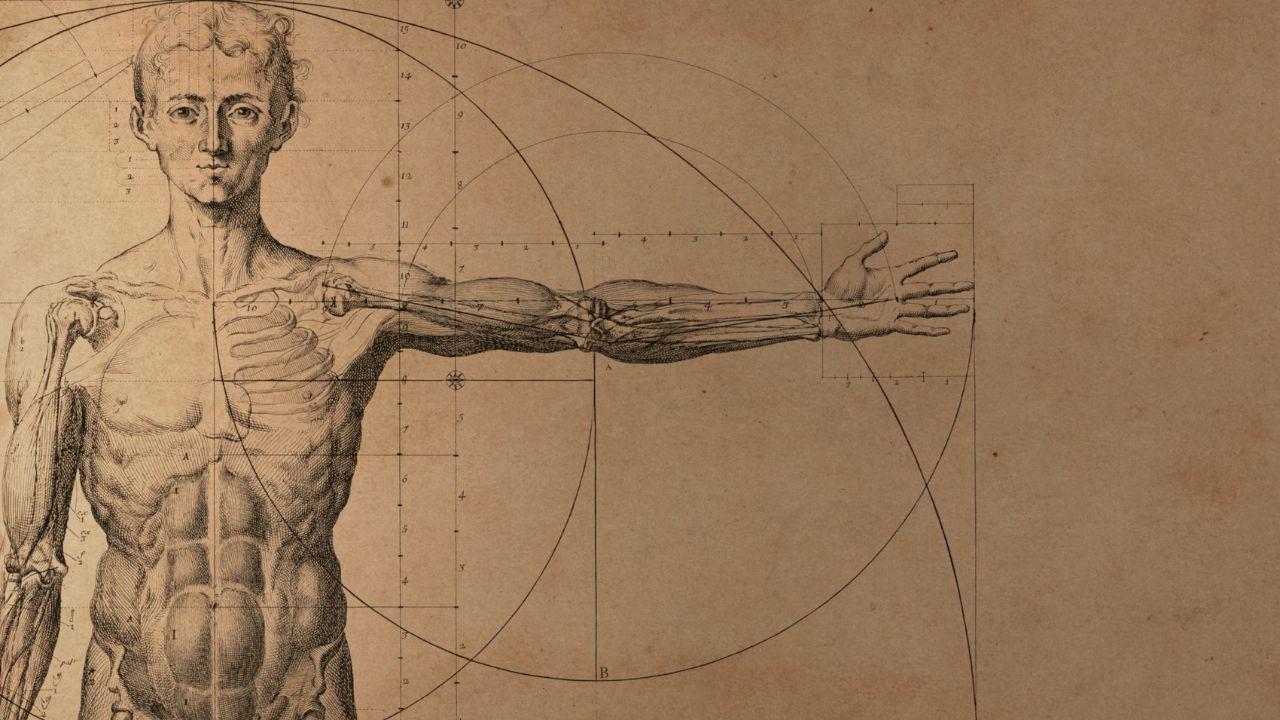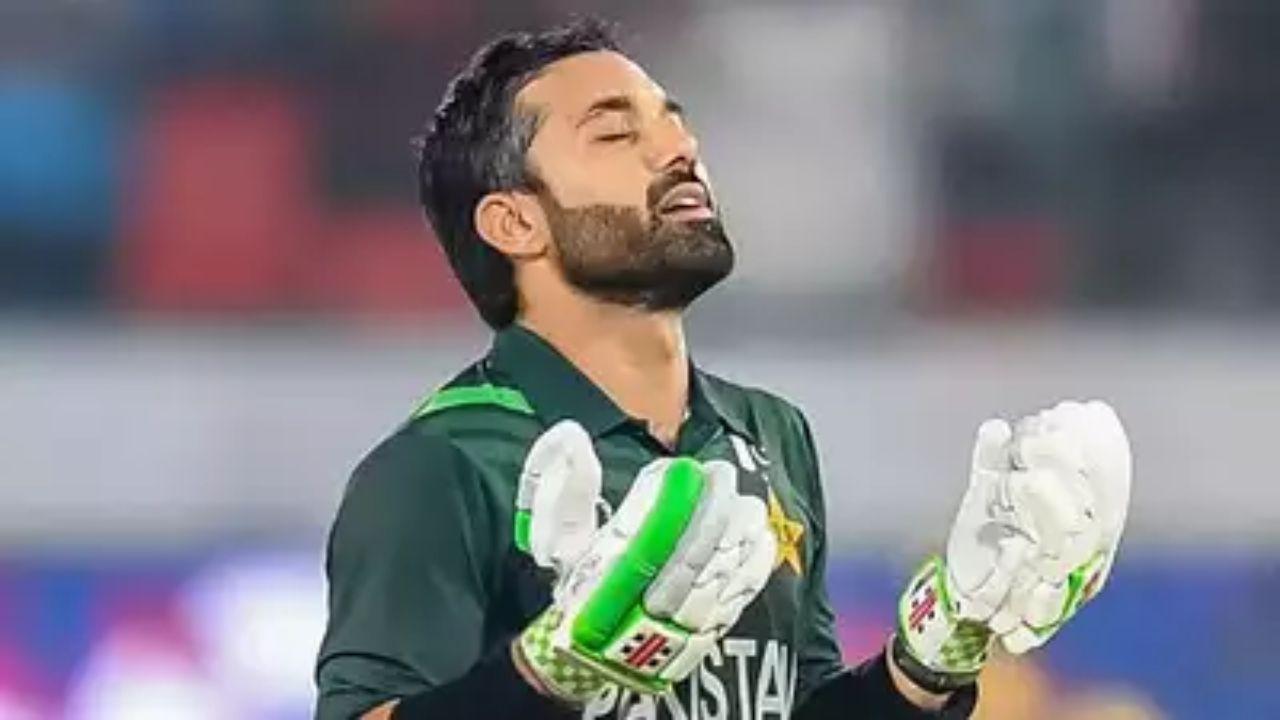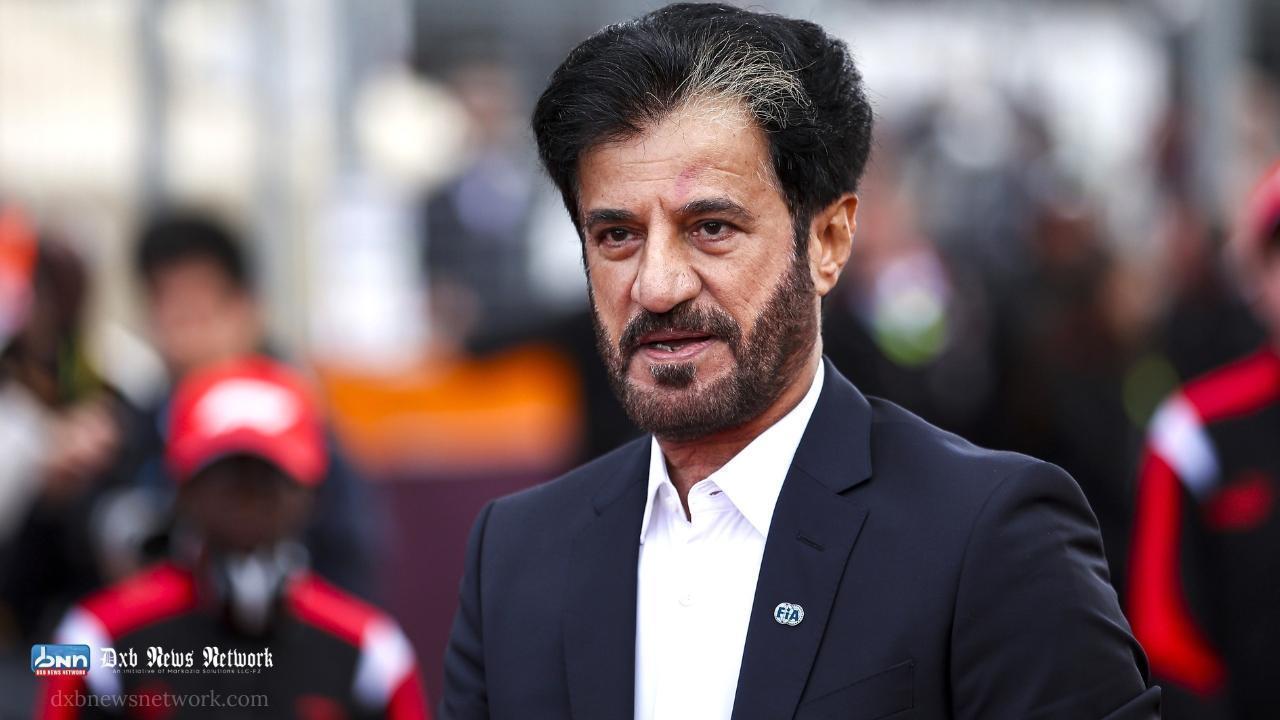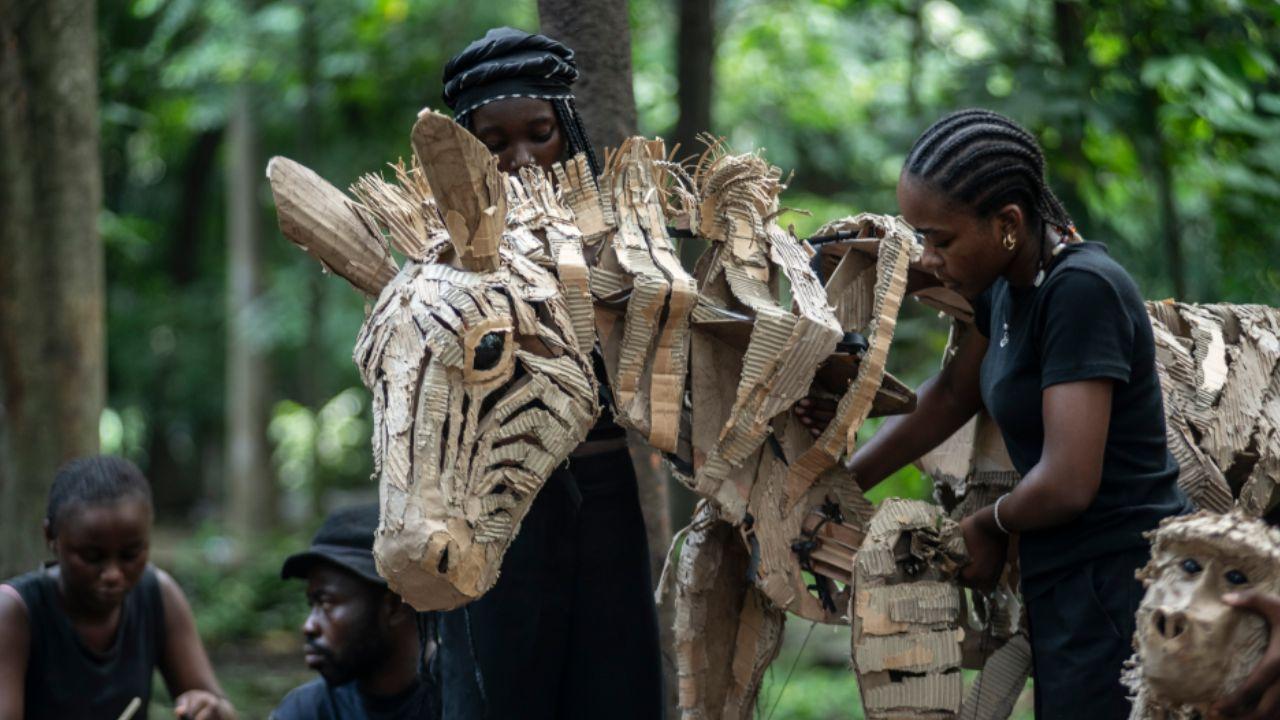
Post by: Vansh Kumar
History is more than just dates and events; it is the story of how humanity evolved, adapted, and thrived through time. The stories of the past discovering the moments that changed humanity give us insight into the struggles, victories, and turning points that shaped the world we live in today. From ancient civilizations to modern revolutions, history holds lessons that continue to influence our present and future.
The earliest human societies laid the foundation for everything we know today. Around 10,000 years ago, humans transitioned from nomadic hunter-gatherers to settled agricultural communities. The development of farming in regions like Mesopotamia, the Indus Valley, and Ancient Egypt allowed people to create stable societies, leading to the birth of cities, trade, and governance. This shift was a major milestone in the stories of the past discovering the moments that changed humanity.
The invention of writing systems, such as cuneiform in Mesopotamia and hieroglyphics in Egypt, transformed communication, allowing civilizations to record knowledge, laws, and stories. These advancements helped humanity progress, paving the way for the great empires that followed.
History is filled with powerful empires that shaped the world through conquest, innovation, and culture. The Roman Empire, for example, left a lasting legacy with its governance system, engineering marvels, and legal principles. Meanwhile, the Greek civilization contributed significantly to philosophy, science, and democracy, concepts that still influence modern society.
However, history also teaches us that no empire lasts forever. The fall of great civilizations often resulted from internal conflicts, economic struggles, and external invasions. The decline of the Roman Empire, for instance, marked the beginning of the Middle Ages in Europe, a period of both hardship and transformation. These significant events are crucial in the stories of the past discovering the moments that changed humanity.
Throughout history, revolutions have played a key role in shaping societies and challenging existing power structures. The Renaissance, which began in the 14th century, was a time of intellectual and artistic rebirth. It encouraged scientific exploration and new ways of thinking that ultimately led to groundbreaking discoveries.
The Industrial Revolution of the 18th and 19th centuries was another turning point in human history. It transformed economies by shifting from manual labor to machine-based production. This period saw the rise of factories, improved transportation, and increased global trade, significantly altering the way people lived and worked.
Political revolutions, such as the American Revolution (1775-1783) and the French Revolution (1789-1799), challenged monarchies and gave rise to democratic ideals. These movements emphasized liberty, equality, and human rights, reshaping governance worldwide. The impact of these events continues to influence modern political systems, proving that the stories of the past discovering the moments that changed humanity are still relevant today.
Science and innovation have always played a role in shaping human progress. The discovery of electricity, the development of vaccines, and the invention of the printing press are just a few of the groundbreaking achievements that transformed societies.
One of the most important discoveries in human history was the theory of gravity by Sir Isaac Newton. His laws of motion laid the foundation for physics and engineering, enabling future technological advancements. Similarly, Albert Einstein’s theory of relativity changed our understanding of space and time, influencing modern science and space exploration.
Medical advancements have also significantly impacted humanity. The discovery of penicillin in 1928 revolutionized medicine by introducing antibiotics, saving countless lives from bacterial infections. The eradication of deadly diseases like smallpox through vaccines has improved global health, making these moments key highlights in the stories of the past discovering the moments that changed humanity.
While wars bring devastation, they also lead to political and social changes. World War I (1914-1918) and World War II (1939-1945) reshaped global alliances and gave rise to institutions like the United Nations, established to promote peace and cooperation.
The Cold War, a period of political tension between the United States and the Soviet Union, shaped global politics and led to technological advancements, including the Space Race. The fall of the Berlin Wall in 1989 marked the end of this era, symbolizing the triumph of democracy over communism.
Wars have had both negative and positive impacts, demonstrating the complexity of human history. Understanding these conflicts allows us to learn from past mistakes and work toward a more peaceful future.
The 20th and 21st centuries have brought rapid advancements in technology, changing the way we live, communicate, and work. The invention of the internet, mobile phones, and artificial intelligence has created a more connected world, offering new opportunities and challenges.
Social movements, such as the fight for civil rights, gender equality, and environmental sustainability, continue to shape the modern era. These ongoing struggles are part of the stories of the past discovering the moments that changed humanity, proving that history is not just about the past but also about the present and future.
The stories of the past discovering the moments that changed humanity reveal how history has shaped our present and future. From the dawn of civilization and the rise of great empires to groundbreaking scientific discoveries and political revolutions, each historical event has contributed to human progress. The Renaissance, Industrial Revolution, and world wars transformed societies, while modern advancements in technology and medicine continue to shape our daily lives. Learning from history allows us to understand past mistakes and build a better future. These stories of the past discovering the moments that changed humanity remind us that progress is a continuous journey driven by innovation, resilience, and the lessons of those who came before us.
This article is published for informational purposes only. While every effort has been made to ensure accuracy, historical interpretations may vary. The views expressed do not necessarily reflect those of DXB News Network. Readers are encouraged to conduct further research for a deeper understanding of historical events.
#trending #latest #History #PastEvents #Humanity #HistoricalMoments #Legacy #Civilization #WorldHistory #Revolution #AncientTimes #TurningPoints #breakingnews #worldnews #headlines #topstories #globalUpdate #dxbnewsnetwork #dxbnews #dxbdnn #dxbnewsnetworkdnn #bestnewschanneldubai #bestnewschannelUAE #bestnewschannelabudhabi #bestnewschannelajman #bestnewschannelofdubai #popularnewschanneldubai

Russian Missile Strike in Ukraine's Sumy Kills 34, Injures Over 100...Read More.

Support for Gaza must grow. Sheikh Sultan urges action in health, food, and education for refugees. Join the cause now...Read More.














Rory McIlroy wins Masters, completes career Grand Slam
Rory McIlroy wins the Masters in dramatic style, beating Justin Rose in a playoff and becoming the f

Rizwan Says English Isn’t a Must, Only Cricket Matters
Mohammad Rizwan proudly says he’s not ashamed of poor English. For him, playing cricket for Pakistan

Nightclub Roof Collapse in DR: Death Toll Hits 226
226 dead in Dominican nightclub collapse; nation mourns as families seek answers

Middle East’s Growing Influence in Formula 1 Recognized by FIA President Mohammed Ben Sulayem
Middle East’s Growing Influence in Formula 1 Recognized by FIA President Mohammed Ben Sulayem

'The Herds' starts journey from Africa to the Arctic Circle
‘The Herds,’ a cardboard animal show, starts in Congo to show how climate change pushes nature away.